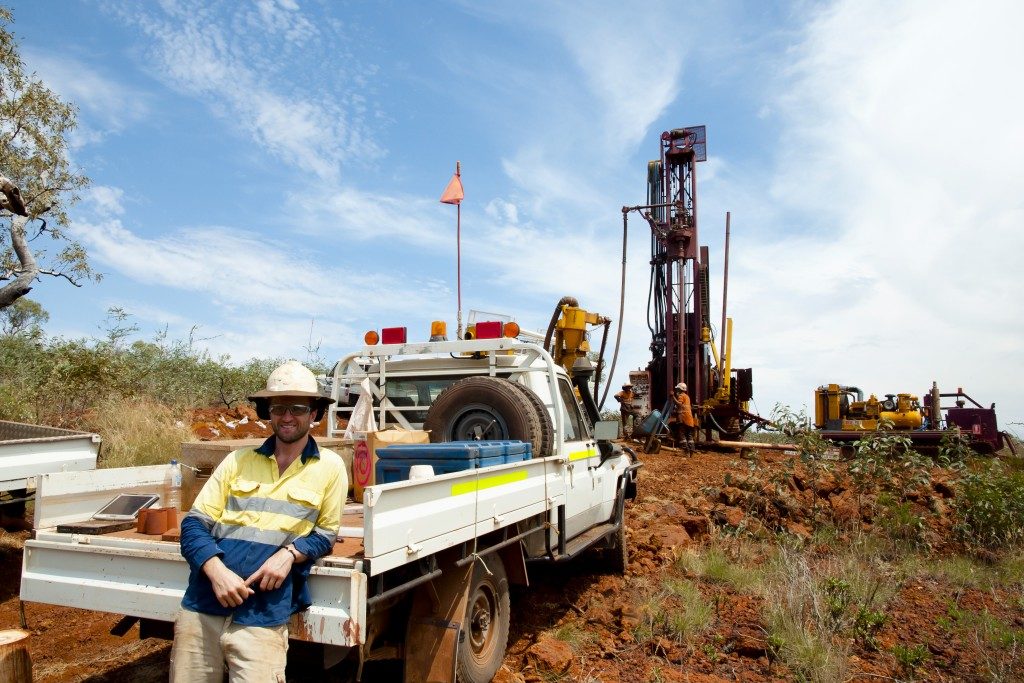A total of just more than 9,700 students graduated with a degree in geology and earth sciences in 2017. The job sector, however, is rising in popularity in states like California, Utah, Nevada, and Texas. The Bureau of Labor and Statistics forecasts job growth for the next eight years at around 6% through 2028.
If you’re interested in science, want to understand and protect the earth, or just dreaming about wearing a HAZMAT environmental suit while doing your job, then a career as a geologist can be for you.
An Overview of Geology
Briefly, geology is the study of the earth and its physical structure and composition. As a geologist, you would be spending time both in a laboratory and on the field. Those who find passion in teaching and sharing their knowledge also end up taking a post in the academe or its attached institutions.
The number of people in the workforce involved in geology and earth sciences is more than one million.
The Path to a Career as a Geologist
Your interest in the field might have been piqued further by the recent eruptions of Sakurajima in Japan, Popocatépetl in Mexico, and Taal in the Philippines. Geologists have been at the forefront of all these volcanic activities monitoring the situation on the ground and providing information to people and the authorities.
- Degree. You need to complete a BS degree in Geology. Completing a degree at a private university will cost around $47,000. Stanford University, Texas A&M University – College Station, the University of Texas at Austin, and Brown University are among the top universities to study the degree program.
- Rough but exciting. You’re studying the earth. So, expect that you might be working atop a mountain or find yourself inside a dark cave hanging from a harness. This is part of the fieldwork. Rock hammer, notebooks, hand lens, and field vest are just some of the tools of your trade.
- Skills requirement. Apart from the apparent aptitude in science, you also have to have excellent communication skills. The field and laboratory work need to be shared within the scientific community, the academe, and the world at large through research papers or written reports. A geologist can also be invited on TV, radio, or Podcast programs to explain geological events, e.g., earthquakes and volcanic eruptions, that would easily be understood by ordinary people. Critical thinking, problem-solving skills as well as physical stamina, are all requirements to become a geologist.
- Career progression. Down the road, a master’s degree program will put you in a management role. If you seek a higher position, e.g., heading research or academic institution or a private eco-company, a Ph.D. will come in handy.
- Fields of specialization. You can narrow down your field of expertise and job prospects as well. An environmental geologist, for example, will study the soil and rock structure. An engineering geologist would have a high demand in both the public and private sectors, providing advice on a range of issues affecting the planet.

You’re set to earn anywhere from $91,000 to $109,000 if you become successful as a geologist. But beyond that, the reward of understanding the planet and how to better treat it would be, perhaps, more important. Are you ready to pick up that rock hammer?
